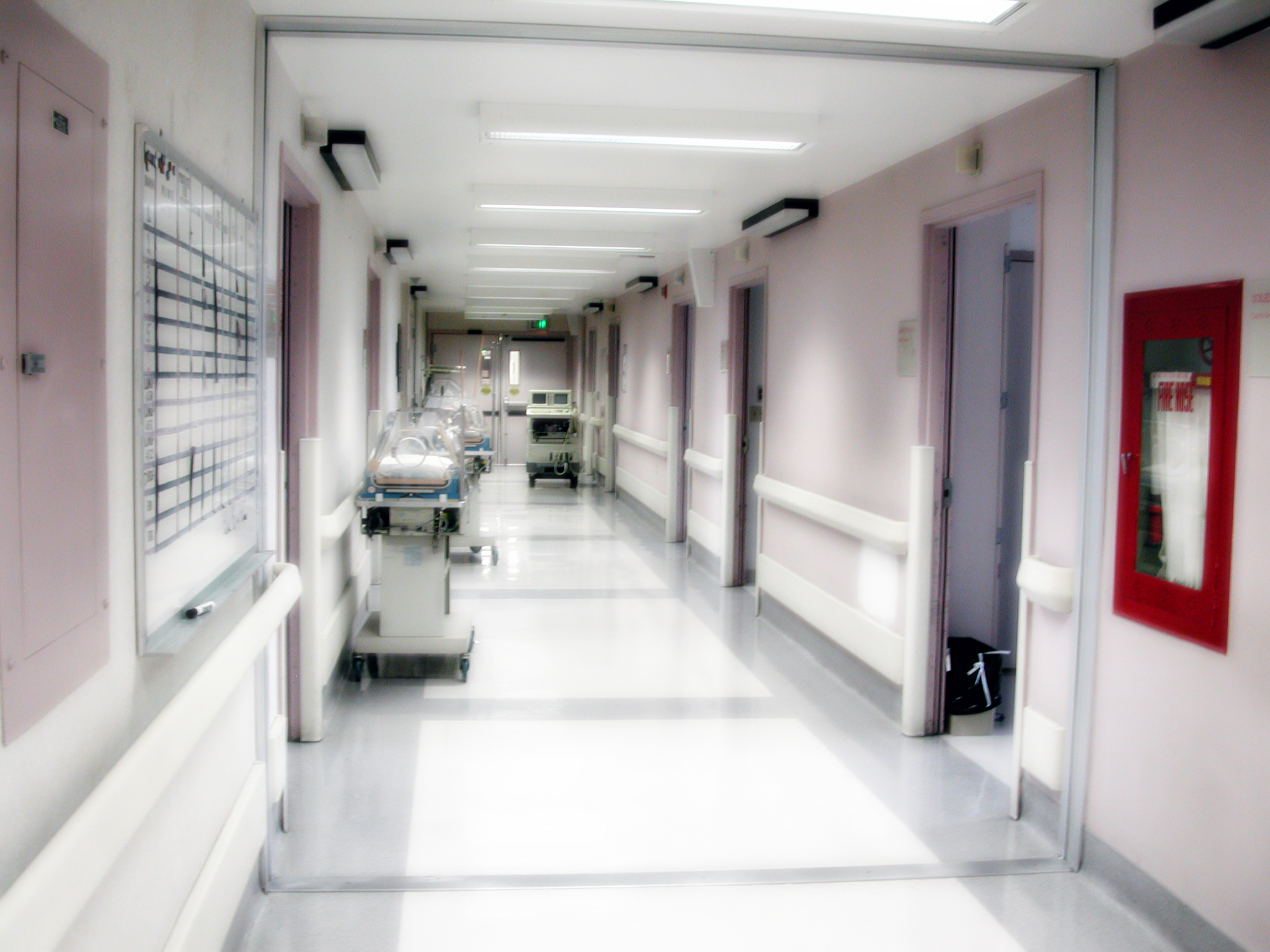
Pressure mounts on lung cancer specialists to advocate for patients awaiting surgery. Thoracic surgeons may be forced to speak up about patient fears and continued lack of resources because of mounting pressure, doctors were told last week at a meeting.
“Recent political events have unfortunately sensitized our patients awaiting treatment, added pressure on our overburdened administrative staff and drawn negative attention to the thoracic surgery programs in the province,†says a report presented by Dr. Ken Stewart to the Alberta Medical Association’s representative forum on March 11 and 12.
Recent allegations made by Dr. Raj Sherman suggest one thoracic surgeon was forced out of the province after he advocated for patients facing long waits.
Sherman said 250 people died, many from lung cancer, while on a waiting list for thoracic surgery between 2003 and 2006. He offered no proof. “Imagine being a patient who has got a cancer or even worse a suspected cancer … and hearing, whether it be fact or allegation, that there’s this risk of being left behind, potentially dying,†Stewart said in an interview. “In the best of circumstances, they are understandably very anxious.â€
His staff and that of the other seven thoracic surgeons in Alberta are each receiving about 250 calls a day instead of the usual 100, many with people simply double-checking their appointments. Representatives of medical specialties, such as Stewart, typically give updates and highlight top issues for their sections every six months at the Alberta Medical Association’s representative forum.
Inadequate resources for lung surgery remain “problematic, affecting wait times for patients receiving appropriate care,†Stewart’s paper states. Dr. Tony Fields, Alberta Health Services’ vice-president for cancer care, said about 170 patients in Edmonton are awaiting thoracic surgery for lung cancer, transplants or other conditions.
Calgary has 24 patients waiting, but offers fewer types of thoracic surgery. Those who had their operations in February waited an average of 27 days from the time their surgeon decided surgery was needed and the actual operation. That does not include the wait for a referral to the specialist or scheduling of X-rays, CT scans or other tests. Alberta Health Services wants the entire wait to be four weeks for 90 per cent of patients. “Of course, we would like to see (that wait) as short as possible,†Fields said. “We have a long way to go.†In Edmonton, Stewart said 30 to 40 per cent of surgical lung cases are done after regular working hours or on weekends because there isn’t enough operating-room time for surgeons.
Calgary needs more operating and clinic space and more equipment. Edmonton has requested another surgeon and more support for nurse practitioners and hospital-based associates to take some workload off surgeons. Calgary needs similar support, Stewart’s presentation notes. “People have to be concerned,†Fields said of the highly charged political environment on health. “You only have to be human and you have to be concerned about what you read and hear.â€
He said wait times continue to be a huge problem because of the aging population and rise of chronic disease. “It’s not that people ignored the previous calls (for help).
If you track back, there have been improvements made,†Fields said. But “year after year, we have more people with cancer to deal with and you look at the pressure of the operating rooms across the board, the pressure on the capacity of medical staff across the board and lung cancer is an important and dangerous part of this malaise.†In such a time of demographic shifts, challenges will remain, Fields said.
Last year, focus was on a shortage of gastro-intestinal specialists, which forced the Cross Cancer Institute to triage chemotherapy patients and put dying patients farther down the wait list. Fields said work began in earnest last year to address wait times. In Edmonton since October, thoracic surgeons have been given an extra operating room day every two weeks, allowing them to help 100 more patients each year.
A new thoracic surgeon to add to Edmonton’s current rank of four is under serious consideration. A provincial wait-list registry is also being created to accurately track how long patients wait from start to finish. And a new initiative to speed treatment for lung-cancer patients is being developed.
A new central booking office, for instance, will expedite patient tests. “We are really doing things to improve the situation and I hope that this kind of significant process-changing approach will be more sustainable,†Fields said. Stewart agreed.
“The roots for advocacy are a lot clearer than they were in previous years,†he said. “Without kowtowing to AHS, they’ve done a good job at providing us those opportunities. We’ve had some positive improvements.â€
This article was originally published here.
